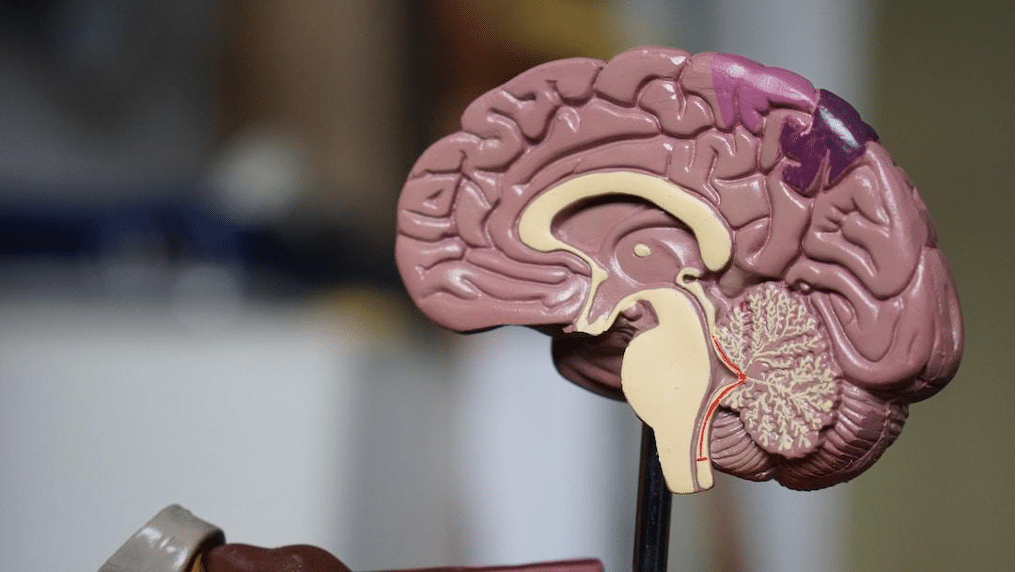Alzheimer’s disease, a neurodegenerative condition characterized by memory loss and cognitive decline, has long puzzled the medical community. While various factors contribute to its development, genetics plays a significant role in understanding its onset and progression. This article delves into the intricate relationship between genetics and Alzheimer’s, shedding light on how genetic research could pave the way for better treatments and preventive strategies.
The Role of Genetics in Alzheimer’s Risk

Genetics significantly influences Alzheimer’s disease risk. Certain genes, like APOE-e4, are known to increase the likelihood of developing the condition. Research conducted by organizations such as The Fisher Center for Alzheimer’s Research Foundation has been instrumental in identifying these genetic markers. Their findings suggest that inheriting these genes doesn’t guarantee Alzheimer’s, but it does raise the risk.
Moreover, familial Alzheimer’s disease, a rare form that occurs at a younger age, is directly linked to specific genetic mutations. These mutations, found in genes such as APP, PSEN1, and PSEN2, lead to the early onset of symptoms, often before the age of 65. This form of Alzheimer’s provides valuable insights into the disease’s genetic underpinnings and its mechanisms.
Genetic Testing and Alzheimer’s
The advent of genetic testing has opened new avenues in Alzheimer’s research and risk assessment. Genetic tests for Alzheimer’s can identify mutations associated with an increased risk of Alzheimer’s, particularly in families with a history of the disease. However, these tests come with ethical and psychological implications, as a positive result can impact an individual’s mental health and life decisions.
It’s crucial to note that most cases of Alzheimer’s are sporadic, meaning they occur without a clear genetic cause. In these instances, genetic testing may provide limited information. Thus, while genetic testing can be informative, it’s not definitive in predicting Alzheimer’s disease.
The Impact of Lifestyle on Genetic Risk

While genetics play a crucial role in Alzheimer’s risk, lifestyle factors can also influence the disease’s onset and progression. Studies have shown that a healthy lifestyle may mitigate the risk posed by genetic factors. Activities like regular exercise, a balanced diet, cognitive stimulation, and social engagement can help reduce the impact of high-risk genes.
This interaction between genetics and lifestyle factors highlights the importance of a holistic approach to Alzheimer’s prevention and treatment. It suggests that even those with a genetic predisposition can benefit from lifestyle changes, underscoring the potential for intervention strategies that combine genetic and lifestyle considerations.
Advancements in Genetic Research for Alzheimer’s
Recent advancements in genetic research have led to a deeper understanding of Alzheimer’s disease. Scientists are now able to study the entire genome to identify new genetic risk factors. This comprehensive approach has revealed numerous genes that contribute to Alzheimer’s risk, each adding a small amount to the overall risk profile.
These advancements are crucial for developing targeted therapies. By understanding the genetic basis of Alzheimer’s, researchers can develop treatments that specifically address these genetic factors, potentially slowing or preventing the progression of the disease.
Looking Forward: The Future of Genetics in Alzheimer’s Research
The future of Alzheimer’s research is promising, with genetics playing a central role. As our understanding of the genetic factors in Alzheimer’s grows, so does the potential for personalized medicine approaches. These approaches could tailor prevention and treatment strategies to an individual’s genetic makeup, offering more effective and efficient care.
Moreover, ongoing genetic research continues to unravel the complexities of Alzheimer’s disease. This research not only helps in developing new treatments but also aids in early detection, which is crucial for managing the disease. As we continue to explore the genetic landscape of Alzheimer’s, we move closer to a world where this debilitating disease can be effectively managed or even prevented.
In conclusion, the role of genetics in Alzheimer’s disease is both complex and critical. It provides insights into risk factors, disease mechanisms, and potential therapeutic targets. As research progresses, the integration of genetic knowledge with lifestyle and environmental factors will likely lead to more effective strategies for prevention and treatment. The journey towards understanding and combating Alzheimer’s continues, and genetics remains a vital piece of the puzzle.


